RETHINKING Urban Agriculture at the Berlin Science Week
November 28, 2023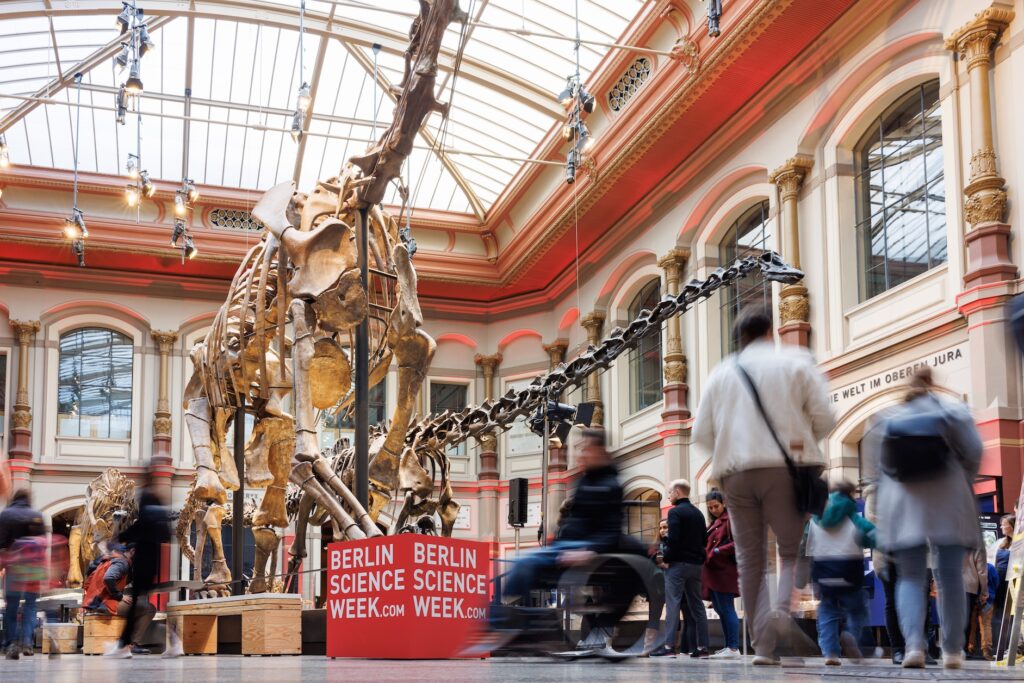
Our current agricultural and food systems are challenged to sustain a growing world population. The world population is estimated to increase to around 9.7 B people by 2050. Today, 55% of the world’s population lives in urban areas, which is expected to increase to 68% by 2050.
- Food systems are among the largest drivers of anthropogenic climate change.
- They foster climate change and cause the Earth’s systems to transgress beyond their planetary boundaries.
- Resource intense agricultural systems have caused water scarcities, soil depletion, and high levels of greenhouse gas emissions (GHG).
- Food systems have contributed to biodiversity loss and interfere with global phosphorous and nitrogen cycles
Those trends urge us to RETHINK our traditional food systems to adapt to those challenges and to ensure food security. RETHINKING to foster a transition towards more climate-smart, resilient agri-food systems. New systems, that are based on holistic approaches encompassing technological innovation coupled to novel resources and circular economy approaches.
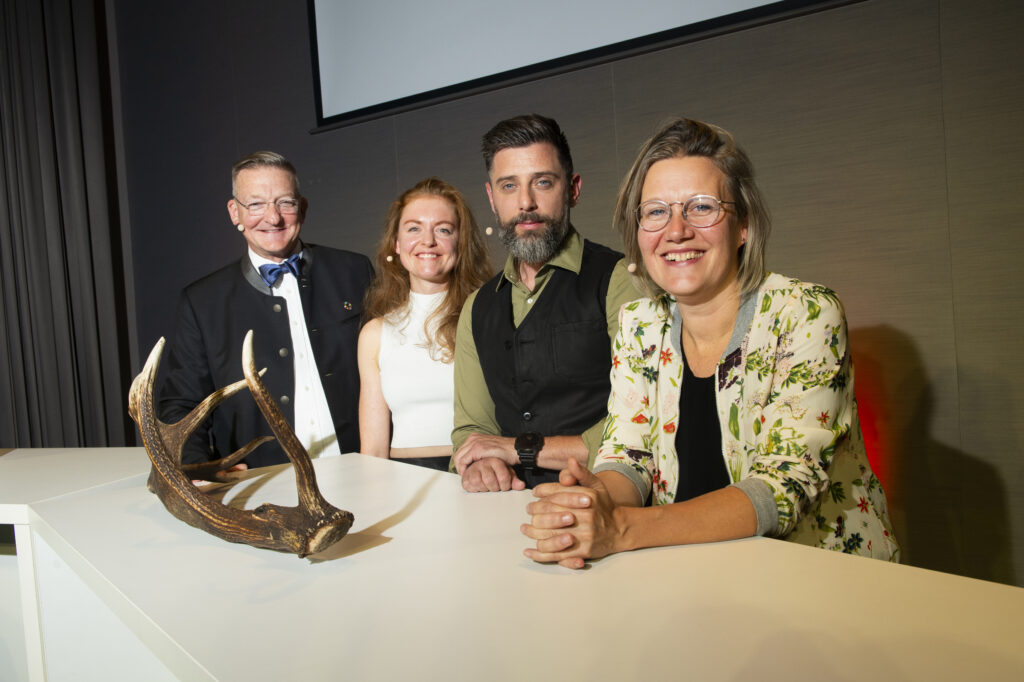
Embarking on the journey of “RETHINKING Urban Agriculture” during the Berlin Science Week was no small feat. The anticipation of delving into the diverse opinions, thoughts, and impressions of individuals residing in an urbanized setting like Berlin was both exciting and thought-provoking. Little did I know that this exploration would lead to a captivating experience that expanded my perspective on sustainable food production.
In January 2022, my path led me to Singapore, where I took on the role of leading the “Urban Microalgae Protein” Project at the Singapore ETH Center. The context of Singapore as a highly urbanized nation importing 90% of its nutritional needs underscored the urgency of innovative solutions. With a goal to boost domestic food production to 30%, Singapore faces the challenge of limited land, with only 1% dedicated to agriculture. The imperative is clear: invest in alternative food production methods that are independent of arable land, sustainable, and resilient. Exploring single-cell-based value chains, such as microalgae and vertical farming, emerged as viable options for Singapore. While such approaches might seem futuristic, they prove relevant for future food provision when considering the environmental impact of human activities and the potential effects of climate change on our food systems.
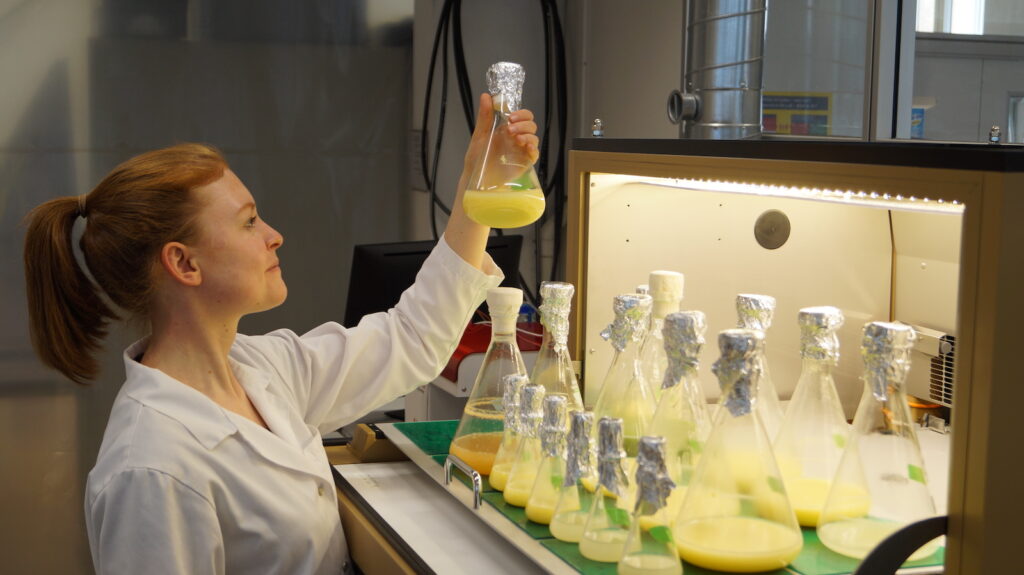
Berlin Science Week became a pivotal platform, offering intriguing insights and answers to crucial questions surrounding planetary health, regeneration, and the future of food production in urbanized environments.
The first panel, “RETHINKING Regeneration,” featuring Josephine Graf, Prof. Ralph Mueller, and Prof. Johann Rockstroem, set an inspiring tone. The interconnections between bone regeneration, coral reef restoration, and planetary health unveiled a resounding message: “The time to act is NOW.”
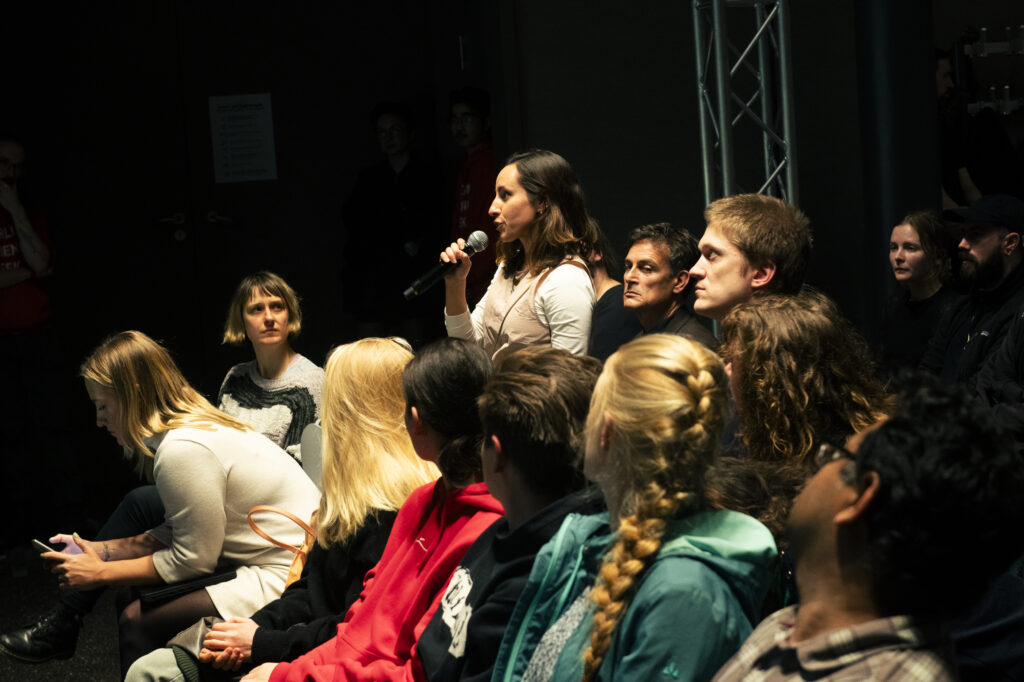
The subsequent panel on “RETHINKING Urban Agriculture” did not disappoint. Witnessing the enthusiastic response and curiosity surrounding novel protein resources, particularly from cellular agriculture, left a lasting impression. The shared commitment of the audience to drive change was evident, as individuals from diverse backgrounds, including an architect, an urban hunter, and a scientist, united with a common vision. Each contributor played a vital role in raising awareness about our food system, adding pieces to the puzzle of creating a more sustainable and future-proof food supply.
In essence, the Berlin Science Week proved to be a treasure trove of insights. If you find yourself in Berlin at the right time, this event is undoubtedly a must-add to your bucket list, offering a glimpse into the innovative and transformative world of RETHINKING the state-of the art to propel innovative solutions.
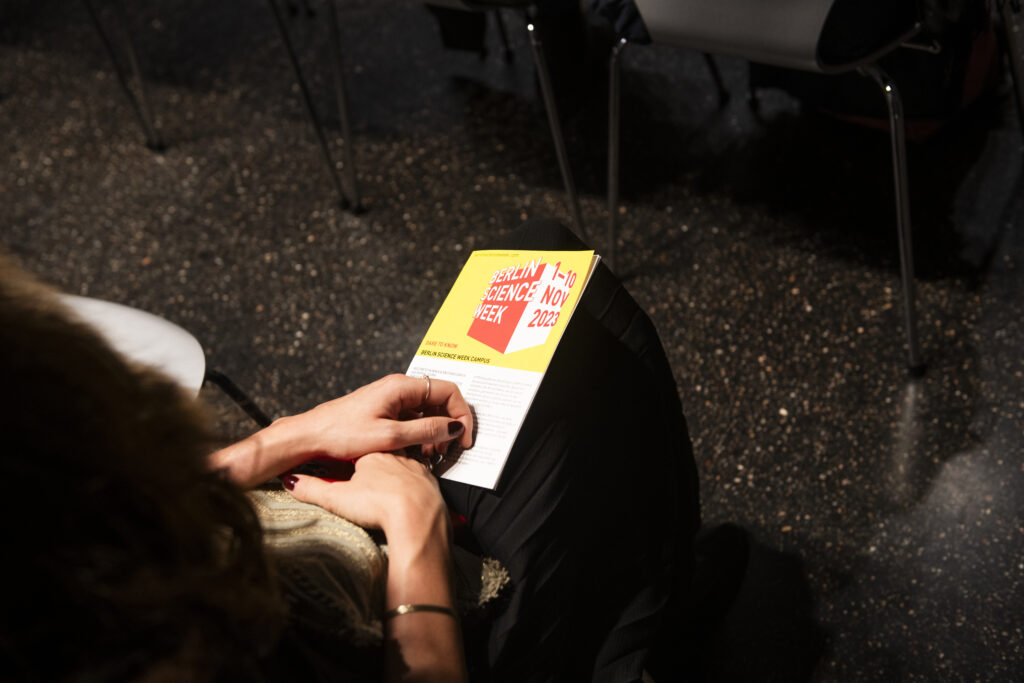
Watch the full recordings:


